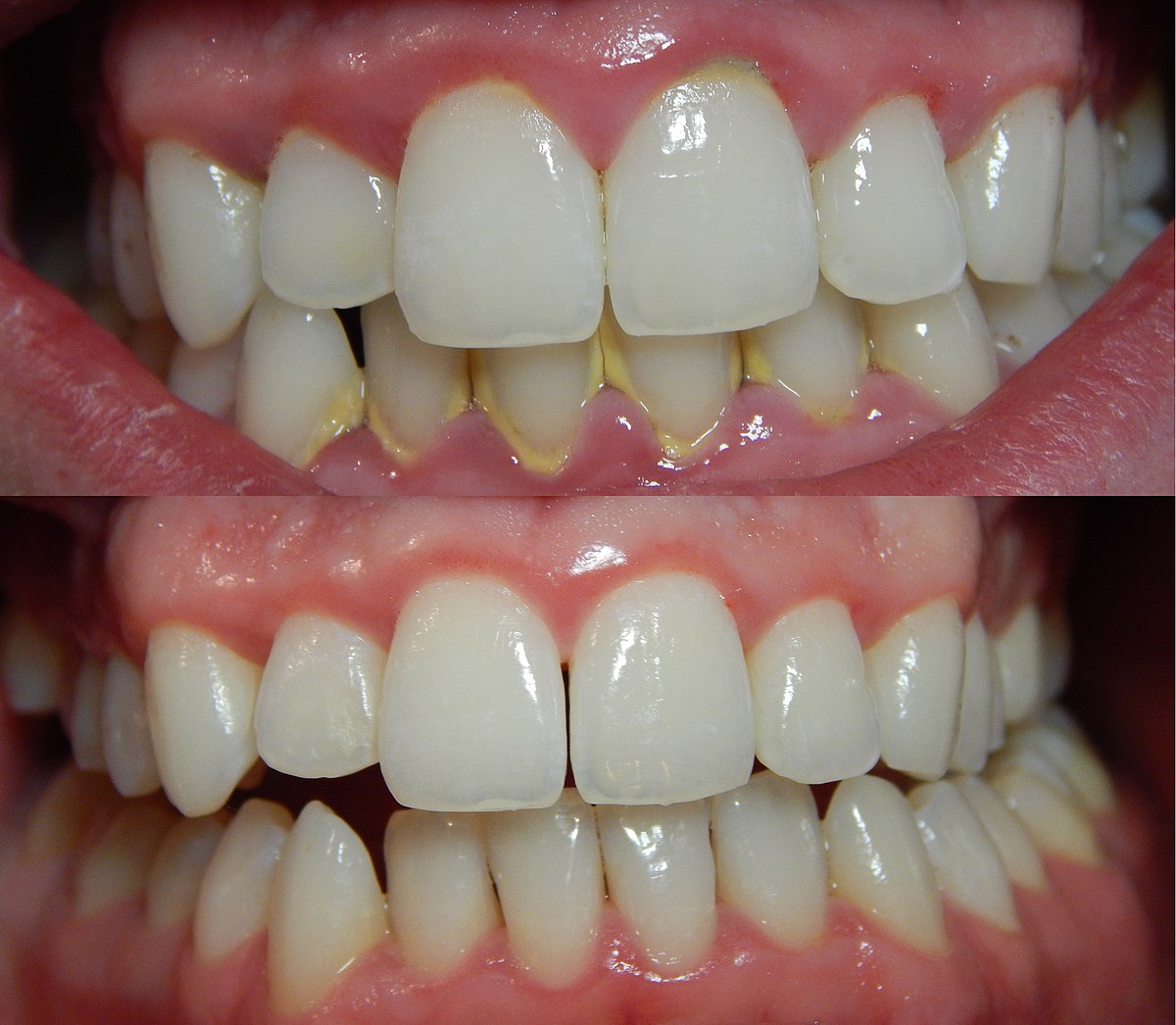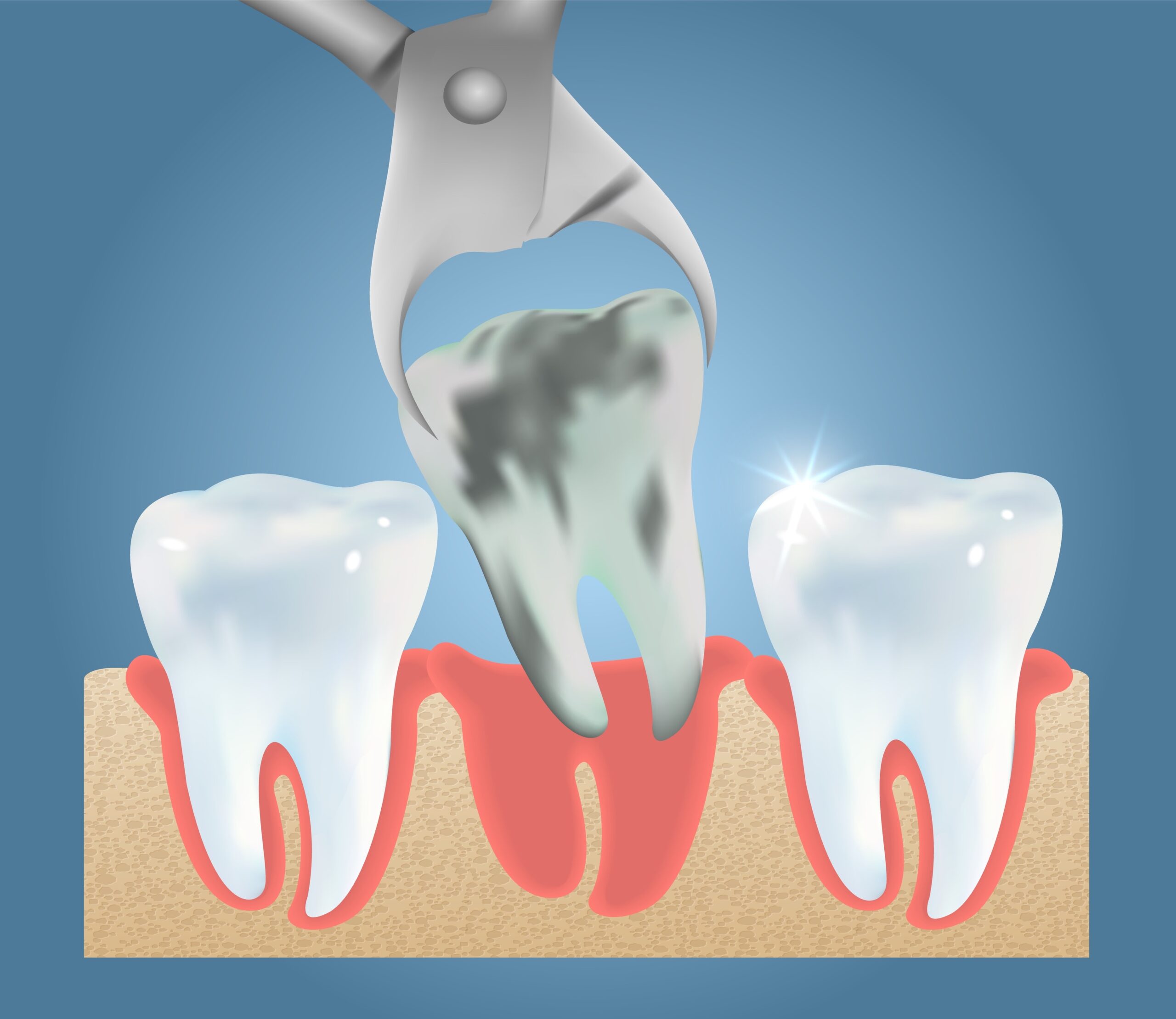Is PTSD curable? Complete Guide

Strong 8k brings an ultra-HD IPTV experience to your living room and your pocket.
Post-Traumatic Stress Disorder (PTSD) is a mental health condition that arises after experiencing or witnessing a traumatic event. While PTSD can be a persistent and challenging condition, it is not beyond the realm of management and treatment. With the right combination of therapies, many individuals can find significant relief from their symptoms. If you are suffering from this disorder then you should consult with the best psychiatrist or tale admission in the best psychiatric hospital in Lahore.
Options often include cognitive-behavioral therapy (CBT), exposure therapy, and Eye Movement Desensitization and Reprocessing (EMDR). Additionally, medications like antidepressants can play an essential role in alleviating symptoms. The journey to recovery can be complex, but with consistent support and treatment, individuals can learn to manage PTSD effectively, leading to an improved quality of life.
Is PTSD curable?
While PTSD may not be "curable" in the traditional sense, it can be significantly mitigated to the point where the individual regains a sense of normalcy and peace. Recovery from PTSD is highly individualized, as each person's experience with both trauma and treatment can vary greatly. It's important for individuals to have a strong support system, which can include healthcare providers, family, friends, and support groups.
Moreover, engaging in self-care practices such as regular exercise, meditation, and maintaining a healthy lifestyle can complement formal treatments and contribute to overall well-being. Ultimately, the goal of PTSD treatment is to give individuals the tools they need to better cope with their symptoms, reduce the impact of the disorder on their daily lives, and foster a sense of hope and empowerment for the future.
The Importance of Early Intervention
Early intervention is a critical factor in managing PTSD symptoms effectively. As symptoms can escalate over time if left unaddressed, seeking help soon after a traumatic event or upon recognizing signs of PTSD can lead to better outcomes. Identifying symptoms early allows individuals to access relevant resources and start treatment, potentially preventing the condition from severely impacting their lives. Awareness and education about PTSD play a fundamental role in encouraging early intervention. By understanding the signs and knowing that help is available, individuals may feel more empowered to seek the support they need before symptoms become debilitating. Additionally, early treatment can help mitigate the development of co-occurring conditions, such as depression or anxiety, which are common in individuals with PTSD.
The Role of Support Systems
Support systems play a vital role in the recovery process for individuals with PTSD. The presence of empathetic and understanding family members and friends can make a significant difference in managing the daily challenges associated with PTSD. These close relations can provide emotional support, assist in recognizing triggering factors, and encourage the pursuit of therapeutic options. Moreover, support groups offer a platform where individuals with shared experiences can connect, share coping strategies, and foster a sense of community and belonging. These groups provide a safe space to discuss experiences without fear of judgment, which can be invaluable in the healing journey. Healthcare professionals, including therapists and counselors, also form an essential part of this support network, offering professional guidance and evidence-based treatments tailored to individual needs. Together, these support systems reinforce the idea that those living with PTSD are not alone in their journey toward healing.
Conclusion
In conclusion, while PTSD remains a complex condition with no definitive cure, the combination of early intervention, robust support systems, and diverse therapeutic approaches offers individuals a path to manage their symptoms more effectively and regain control over their lives. By fostering awareness and promoting understanding, society can contribute to a more supportive environment for those affected by PTSD, encouraging compassionate responses and reducing stigma. As research continues to advance in the field of mental health, there is hope that new treatments and interventions will further enhance the quality of life for those striving to overcome the impacts of trauma. Ultimately, the journey of healing from PTSD is a testament to human resilience and the power of community and care in fostering recovery.
Note: IndiBlogHub features both user-submitted and editorial content. We do not verify third-party contributions. Read our Disclaimer and Privacy Policyfor details.







